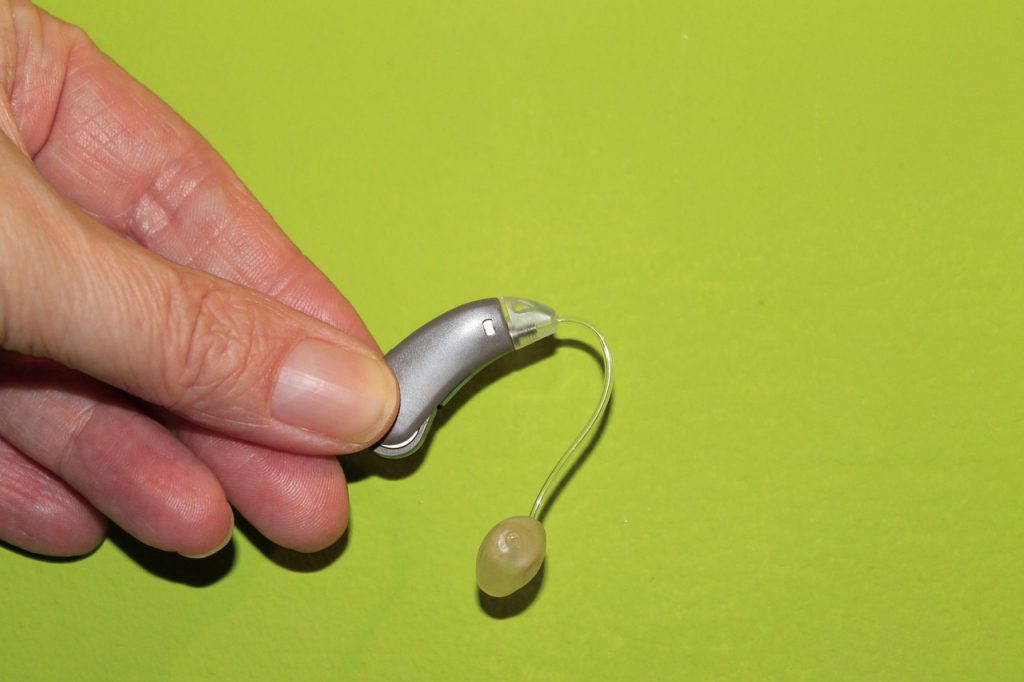Hearing loss affects one-third of people over the age of 65, and two-thirds of those over 70. Many people who deal with hearing loss refuse a hearing aid, even when their insurance helps pay for it.

Hearing aids do more than just help with hearing loss. Most people are unaware that hearing loss increases the likelihood of dementia, depression, balance issues, and anxiety. Therefore, by using hearing aids, you can improve your quality of life and lower your risk of dementia.
Understanding the Research
A University of Michigan team used data from nearly 115,000 people over age 66 with hearing loss. From 2008 to 2016, Elham Mahmoudi, MBA, Ph.D and her colleagues looked at the data for each person with hearing loss. They gathered this info one year before their diagnosis and then again three years later.
The study shows that men were more likely to get hearing aids than women. It also showed almost 37% of people with hearing loss in the north-central part of the US used hearing aids compared to the people in mountain states.
Those with hearing aids within the three years were 18% less likely to get diagnosed with dementia and Alzheimer’s. Hearing aid users had an 11% lower risk of being diagnosed with depression, and a 13% lower risk of fall-related injuries.
Because of Dr. Mahmoudi and her colleagues, we see that hearing aids can help in other areas.
Reducing Risk Factors

Because they are able to enjoy life more, people with hearing aids are less likely to develop dementia and depression. They are more social, which in turn boosts cognitive health.
“Older people with hearing loss who wear hearing aids may be better educated or may socialize more, factors which are also associated with a reduced risk of dementia,” said Dr. David Loughrey, a research psychologist specializing in hearing and cognition.
Social isolation can result in less brain stimulation, and hearing loss promotes cognitive decline because you don’t have as much auditory input. Over time, the brain’s auditory centers degenerate, which in turn makes the brain struggle to compensate. It has to use more sources to process this information. Studies and scans show that your brain shrinks as you lose hearing.
Payment
When it comes to payment, Medicare Part B will cover a hearing exam if your doctor finds it necessary. Only four states (New Hampshire, Connecticut, Rhode Island, and Arkansas) are required to cover hearing aid expenses, which probably contributes to their lack of popularity. Paying for hearing aids out-of-pocket can cost thousands of dollars.
However, there’s good news. The FDA has approved over-the-counter hearing aids for sale in 2020. They hope more people will purchase them with mild or moderate hearing loss.
From what Dr. Mahmoudi found, we can safely say that hearing loss affects your mental state. In order to stay on top of your overall well-being, invest in a hearing aid. You will be doing your mental, physical, and emotional health a favor. Just because hearing loss is an issue, does not mean you can not help promote a better life by getting a hearing aid. Hopefully, they will be available over-the-counter soon, or Medicare will offer more assistance in the future.








